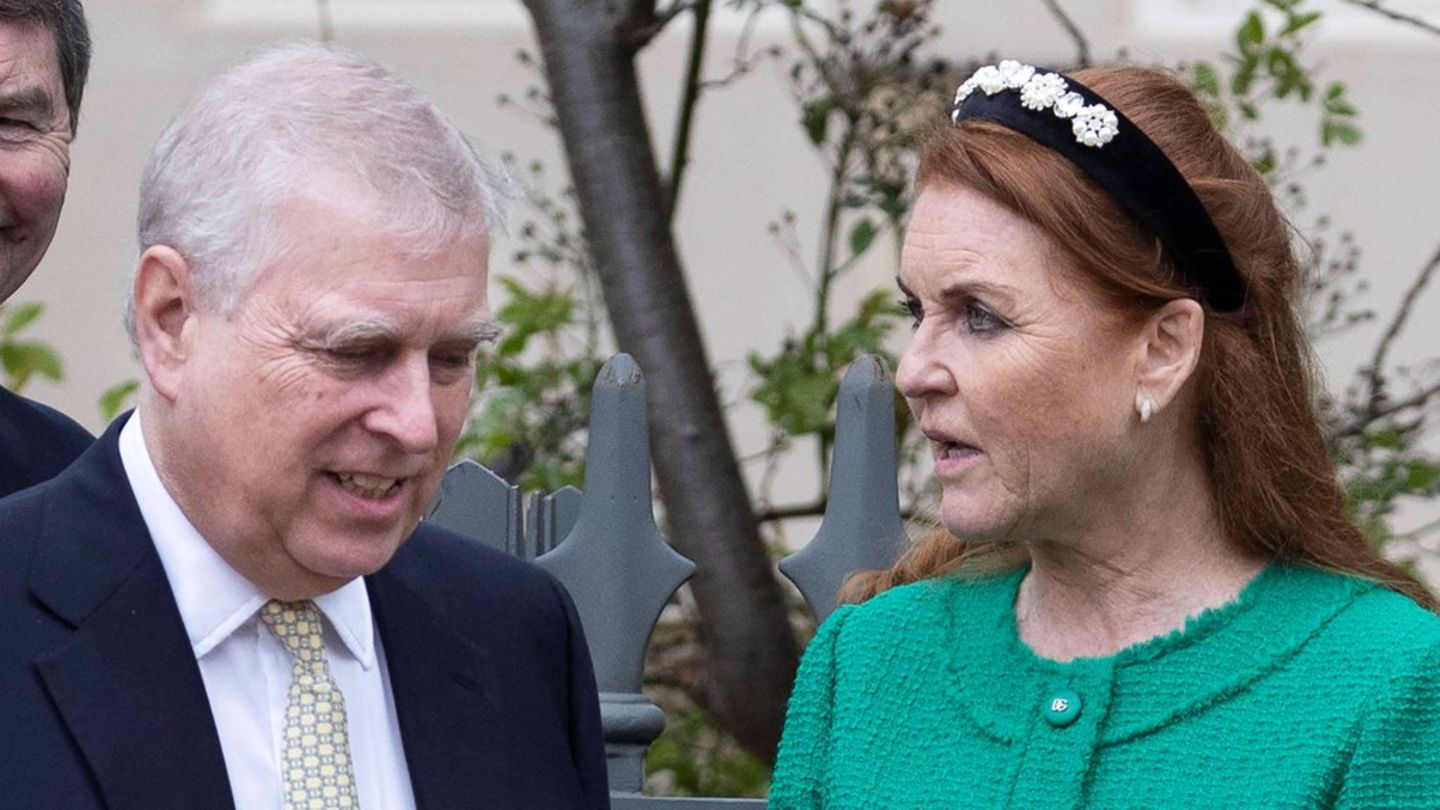The United States could reduce interest rates, this would impact the exchange rates. A devaluation of the dollar, Revaluation of the yuan and the real would be very favorable for Argentina. The rise of emerging markets would help the bond market.
The market punished bonds due to political noise and lack of economic precision. In political matters, a series of mistakes by the La Libertad Avanza party has made the markets stingy when it comes to buying bonds. The fights between the president and the vice president, the rejection of the DNU for the increase in funds for the SIDE, the approval of the pension increase, the appointment of Martín Lousteau as president of the bicameral commission for monitoring intelligence agencies, and certain noises between La Libertad Avanza and former president Macri caused the rises to be aborted in the markets. The embarrassment of the former president and his partner was practically forgotten, something that we should not forget.
In economic terms, the government continues to show a twin surplus, there is a fiscal and commercial surplus. To this we must add that, in August, the Central Bank resumed the purchase of dollars, accumulating more than US$ 530 million. Reserves total US$ 27,656 million, but the market expects something more.
There is a lot of noise about the arrival of fresh funds from abroad. It is presumed that the gold that left for England would amount to around US$ 2 billion and is intended to guarantee a loan for the country. An international bank could provide funds against the delivery of bonds, but the interest rate is not convincing. The minister would travel to Saudi Arabia and the United Arab Emirates in search of fresh funds. Nothing is confirmed.
The currency controls will hardly be eliminated in 2024, reserves are negative and the stock of pesos is very high. Everything will be relegated to 2025. The agreement with the IMF will not be issued in 2024, it will have to wait patiently for the elections in the United States to define it in the first quarter of next year.
According to data from the fiscal bulletin for the first quarter of 2025, the capital debt due with the IMF in 2025 is US$ 0, in 2026 US$ 1,103 million and in 2027 US$ 4,303 million. In total, US$ 5,406 million are due during the remainder of Javier Milei’s term.
In terms of interest with the IMF, US$3,307 million are due in 2025, US$3,032 million in 2026 and US$2,864 million in 2027. In total, US$9,203 million are due in terms of interest.
Adding up both items, the IMF must be paid approximately US$ 14.609 billion during the remainder of the presidential term. It would be prudent to sign an agreement to obtain these funds from the IMF and not increase the drain on reserves, something difficult but not impossible.
For the 2027/31 presidential term, US$ 26,534 million in principal and US$ 6,540 million in interest remain due, which implies lifting maturities for US$ 33,074 million.
Argentina should soon sign an agreement with the IMF to clear up doubts about the intertemporal solvency of its debt, however, there are no short-term maturities that keep it awake at night. Although Argentina needs an agreement, the IMF needs one too. The exposure to Argentina amounts to a capital debt of US$ 42,963 million and, in terms of interest, US$ 18,233 million, which is equivalent to a debt of US$ 61,196 million.
The IMF intends to apply its old playbook to Argentina, getting the country to increase its reserves through a devaluation that will allow it to increase exports and restrict imports, regardless of what happens on the social level, where low-income workers will be affected by a new transfer of income that will leave them at a clear disadvantage.
The government intends to show fiscal solvency, with a surplus budget, without financing from the Central Bank, an exchange rate that will move at a rate of 2.2% per month and inflation that is clearly slowing down. If we add to this that the balance of payments is positive and gives us an increase in reserves, we should not worry about the country’s financial health.
The US Federal Reserve is likely to cut interest rates on September 18, as the US economy has created fewer jobs than reported, meaning it is slowing at a faster pace than expected.
The measures to be taken in the northern country encourage us to think that we are going to have a soft landing for the economy, with a dollar that could devalue, while the real and the yuan could strengthen, something that would favor Argentina, since it would encourage us to think that we are in a low zone for the raw materials that we export and the peso could hold at current values.
A rate cut in the world could trigger a rise in emerging markets. However, many banks have downgraded Mexico’s rating due to a judicial reform that it will carry out and that could take away legal security for investments. Argentina is the opposite case, as some banks are considering improving their rating, which would allow an additional investment of about US$ 1,000 million in financial capital.
He stocks continues, the agreement with the IMF is a necessity for Argentina and also for the international organization. The rate in the world would fall and the currencies of the main commercial partners could be revalued. If the government orders the troops and Let the political noise go down, we have a significant rise in local financial assets just around the corner.
Source: Ambito
I am a 24-year-old writer and journalist who has been working in the news industry for the past two years. I write primarily about market news, so if you’re looking for insights into what’s going on in the stock market or economic indicators, you’ve come to the right place. I also dabble in writing articles on lifestyle trends and pop culture news.




